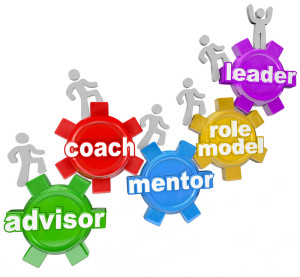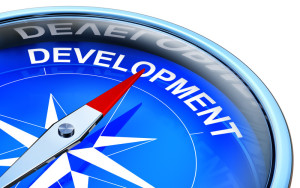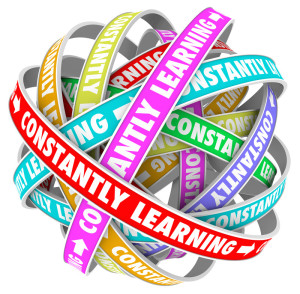Over the course of my 35+ year career in health IT management, I have led, coached, and mentored many IT professionals. And situationally I’ve mentored my adult daughters – meaning when they ask for advice. In doing so, I have found analogies with some of my mentees and coachees who are similar ages and at a similar stage in their career.
advice. In doing so, I have found analogies with some of my mentees and coachees who are similar ages and at a similar stage in their career.
I am always happy and proud when I see any of them grow and develop, take on new opportunities, and progress in their career. And it’s nice to hear feedback on how I’ve helped on their journey as I continue to work with others.
Now we’re at the “literal” part in this blog post’s title – next generation leaders in my own family. Both my daughters received awards this year from their employers recognizing their contributions and leadership. My oldest daughter, Katie Killinger, MSN, BSN, NP-C, is the Chief NP of Orthopedic/Spine Surgery at Brigham and Women’s Faulkner Hospital. She received the second annual APP in Excellence Award which recognizes the important contributions Advanced Practice Providers (APPs) make to the hospital. My youngest daughter, Ann Ochiltree, works in the seafood industry and is the Sr. Manager, Executive Communications & Administration at Thai Union North America. She was recognized with the Big 6 Value Award – Innovation. I am very proud of both my daughters and love seeing the examples they are setting for their own young children.
To even mention my daughters here may be considered “parental bragging” as my husband calls it. But I mention them in a broader context of how leaders lead and influence in many different circumstances. Continue reading





